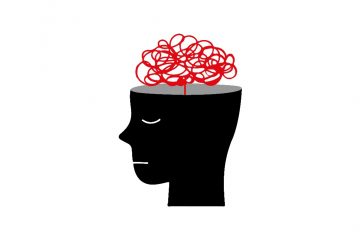Identity in the broad sense refers to the complete character, personality, and or beliefs of an individual (self-identity) or a group (James, 2015). While psychologists commonly refer to identity as personal identity, sociologists commonly refer to social identity. Personal identity encompasses an individual’s qualities, traits and skills that differentiate the individual from another (Forsyth, 2014). Social identity on the other hand includes qualities that “derive from connections with and similarity to other people and groups” (Forsyth, 2014:80) together with “the value and emotional significance attached to the membership of a social group (or groups)” (Tajfel, 1981). One would refer to personal identity as the “me of the self” and social identity as “the we” (ibid.). One of the most traditional and distinct theories referring to identity is Social Identity Theory (Coupland, 2007). This theory suggests that groups influence the self-concepts and self-esteem of group members when they identify with the group (Forsyth, 2014).
« Back to GlossaryViolence and peace
Módulo 1: Violencia y paz
1. Insight into Galtung’s Triangle of Violence and its implications for education. 2. Understanding Galtung’s concepts of positive and negative peace. 3. Reflecting on a constructive way forward: an engaged pedagogy (Bell Hooks). 4. Exploring Read more…


